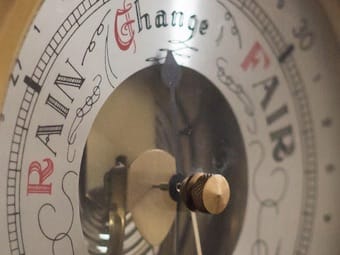French diplomat Jean-François de Bourgoing had experienced the powerful draw of the Spanish fandango, and in his memoir of Spain, first published in 1797, retold a fable confirming the dance’s allure. The Church, it seems, resolved to ban the fandango as immoral, and was ready to pass judgment when someone remarked that even a dance could not be condemned unheard.
Two dancers were summoned, and such was the fandango’s toe-tapping appeal that soon the grey-headed judges of the church court had joined in. After that, the accused could only be acquitted. Nonetheless, said Bourgoing, the fandango was undoubtedly sexually suggestive. There was no physical contact, but the dance was to the bedroom what military manoeuvres were to the battlefield.
119 words

